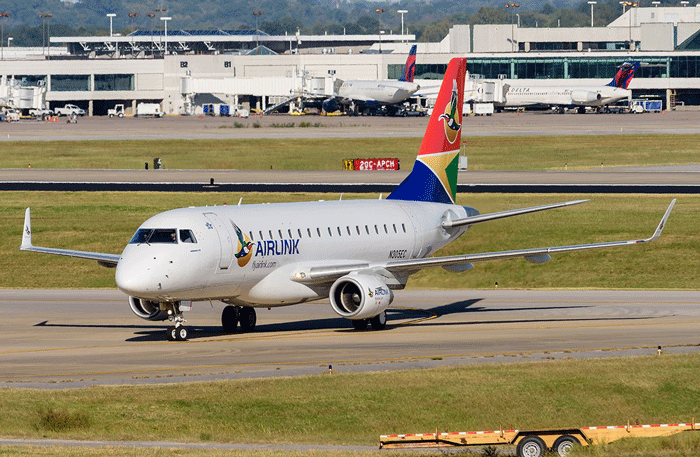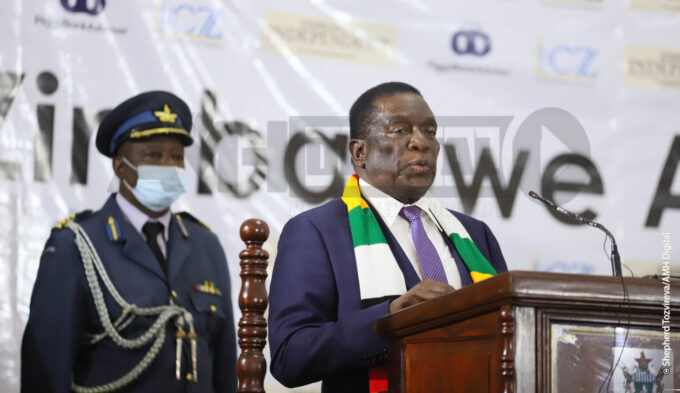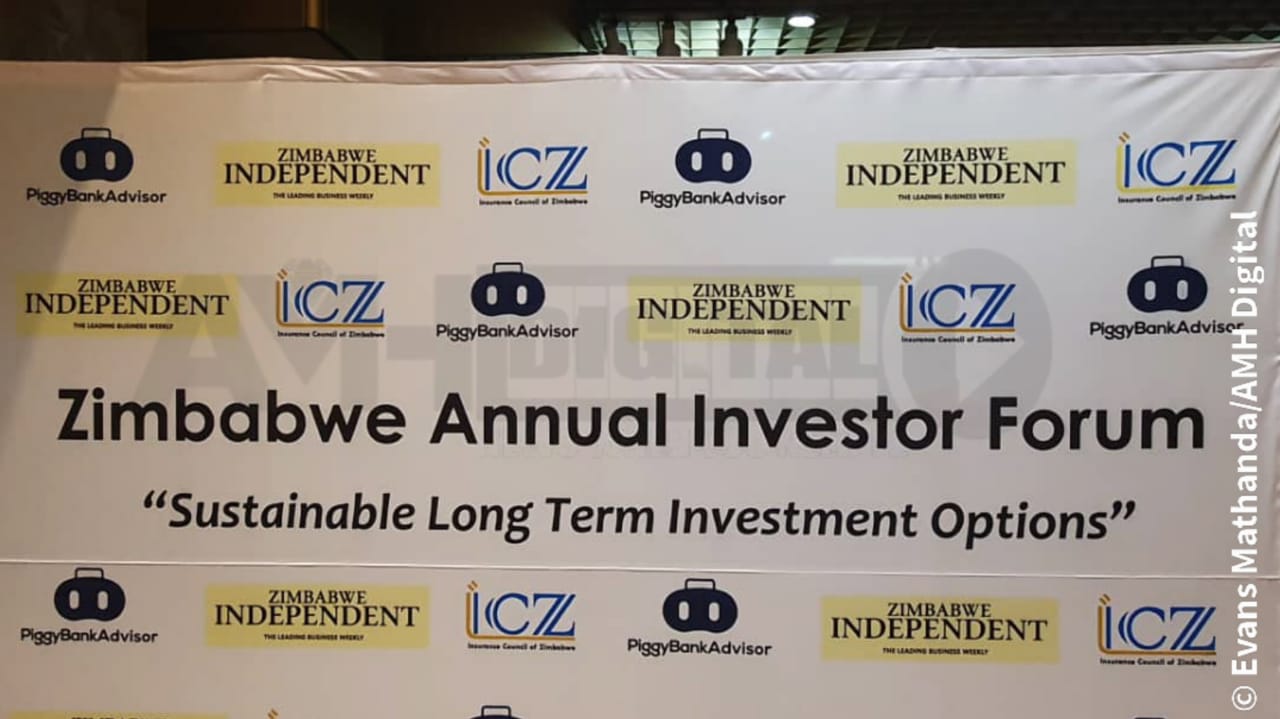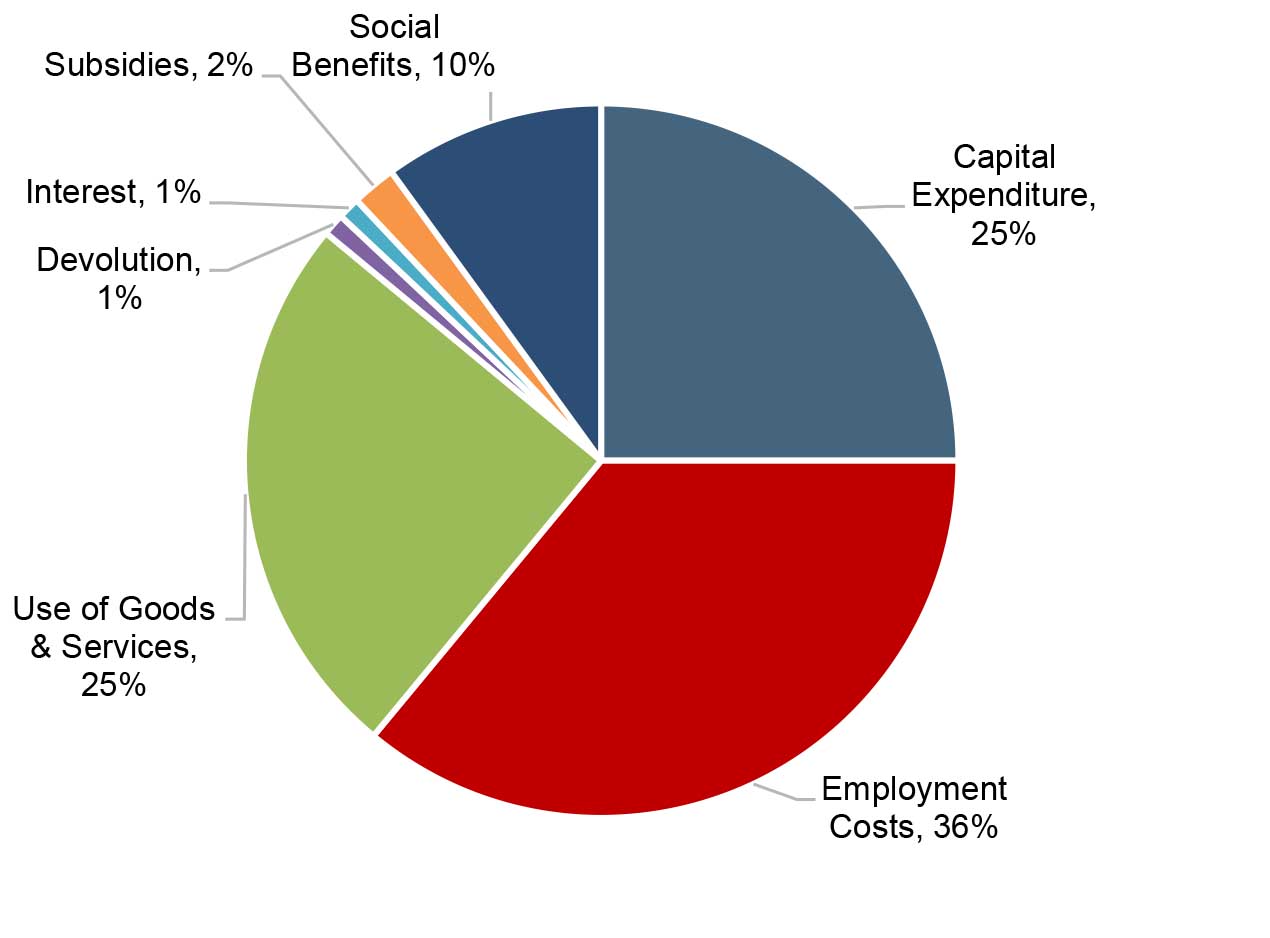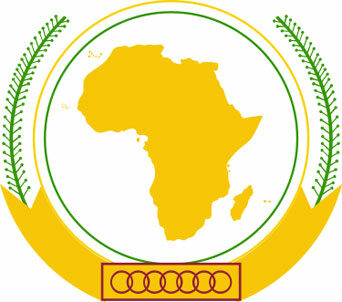
TENDAI MAKARIPE ZIMBABWE’S election into the 15-member African Union (AU) Peace and Security Council (PSC) has cast the spotlight on the southern African country with political watchers closely monitoring how the country will address its own contentious internal security issues.
This month, Zimbabwe, together with 14 other states which include Morocco, Cameroon, Djibouti, Morocco, Namibia, Burundi, Congo, Uganda, Tanzania, Tunisia, South Africa, Ghana, Senegal and Gambia were elected to oversee peace and security issues on the continent.
The PSC is the standing decision-making organ of the AU for the prevention, management and resolution of conflicts.
It is a collective security and early warning arrangement intended to facilitate timely and efficient responses to conflict and crisis situations in Africa.
While the election is welcome, analysts believe Zimbabwe should take the opportunity to address teething peace and security troubles in its own backyard.
Dutch philosopher Baruch Spinoza once said: “Peace is not the absence of war, it is a virtue, a state of mind, a disposition for benevolence, confidence, justice.”
Zimbabwe is generally described as a peaceful country because of the absence of war, but has serious security issues which require urgent redress.
“The election of Zimbabwe into the African Union’s PSC is a great honour worth celebrating. The council is mandated with ensuring conflict resolution, conflict transformation and peace-building in Africa.
- Chamisa under fire over US$120K donation
- Mavhunga puts DeMbare into Chibuku quarterfinals
- Pension funds bet on Cabora Bassa oilfields
- Councils defy govt fire tender directive
Keep Reading
“This is a perfect chance for the continent and Zimbabwe to build positive, durable peace,” said media and conflict resolution researcher Lazarus Sauti.
“Zimbabwe is characterised by negative peace — merely the absence of war in the country.
We need positive peace, which is more lasting and built on sustainable investments in sustainable socio-economic development.
Charity begins at home,” Sauti added.
He said President Emmerson Mnangagwa should first improve the peace and security architecture in the country before extending it to other African countries that are engulfed in violent conflicts.
Human security has grown in prominence in the post-cold war era and is part of the new security agenda which focuses more on ensuring security of an individual within a state.
There are serious human security challenges that Zimbabwe needs to work on before preaching peace and security on continental podiums.
Access to efficient health delivery in the country remains a problem, compromising health security among Zimbabweans.
Public hospitals are reeling from a massive brain drain as staffers flee from paltry salaries and poor working conditions.
The prices of drugs have been escalating while health infrastructure has been deteriorating at an alarming pace.
Cancer Association of Zimbabwe general manager Junior Mavu said Zimbabwe only has two public cancer treatment centres, with one in Bulawayo and the other in Harare against a population of over 12 million people.
“Machines are constantly breaking down while the high costs associated with cancer drugs, which are mostly found in private pharmacies and other challenges which range from economic to psychosocial, continue to affect health delivery.
“The challenges emanate from the lack of sustainable cancer funding in Zimbabwe and the subsequent unavailability, unaffordability, and centralisation of cancer services in Zimbabwe,” Mavu said.
Analysts opine that human rights violations in Zimbabwe remain a problem.
They further note that the country must take all necessary steps to ensure that civil society actors and human rights defenders operate freely without fear of intimidation or reprisals.
During the 40th Universal Periodic Review of human rights held last month, Australia’s report on Zimbabwe noted that the country should: “Take all necessary steps to ensure civil society actors and human rights defenders can operate freely without fear of intimidation or reprisals.
“Ensure that allegations of human rights abuses are promptly and transparently investigated and perpetrators held to account.”
The United Kingdom’s report acknowledged the repeal of Zimbabwe’s Access to Information and Protection of Privacy Act but expressed concern over restrictions on “freedom of assembly, the harassment of journalists, opposition and civil society, and that the Private Voluntary Organisation Amendment Bill could be used to restrict civic space”.
The report added that Zimbabwe must fully implement recommendations of the Motlanthe Commission of Inquiry Report; the recommendations of the 2018 election observer reports as well as align the Marriages Act with the constitution to criminalise child, early, and forced marriage.
Political analyst Tanaka Mandizvidza said Zimbabwe must use the election to de-escalate political violence that has been part of Zimbabwe’s political trajectory by employing conflict management tools.
“Zimbabwe needs to build strong political and economic institutions that are inclusive and responsive to the needs of the masses.
It should also come up with political reforms aimed at creating institutions based on the principle of good governance,” Mandizvidza said.
This election of Zimbabwe into the Council is a positive way forward, but there is a need for a holistic approach in resolving contestations that have riddled the Zimbabwean landscape for decades..

